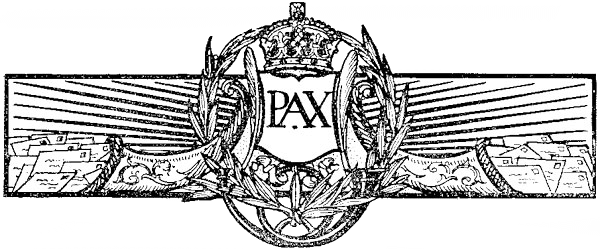Roman Provincias > Provincia Iudaea
Provincia Iudaea

Background
Provincia Iudaea, also known as Judea, was a Roman province located in the southern Levant, corresponding roughly to the region of modern-day Israel and parts of the West Bank and Jordan. Here's an overview of the province:
Conquest and Formation:Judea came under Roman control in 63 BCE when the Roman general Pompey intervened in a power struggle between rival Jewish factions and conquered Jerusalem. Initially, Judea was governed as a client kingdom under the Herodian dynasty, with Herod the Great appointed as king by the Roman Senate in 37 BCE. However, after Herod's death in 4 BCE, Judea came under direct Roman rule.
Geography:
Judea was situated in the southern part of the Levant, bordered by the provinces of Syria to the north and Arabia Petraea to the south. It encompassed a diverse landscape, including the Judean Hills, the Jordan Valley, and the Negev Desert. The province was strategically located along trade routes connecting Egypt, Arabia, and the eastern Mediterranean, making it a vital crossroads for commerce and military campaigns.
Urban Centers and Infrastructure:
The major cities of Judea included Jerusalem, the capital and religious center of Judaism, as well as Caesarea Maritima, the administrative capital built by Herod the Great, and Jericho, an ancient oasis city. These cities were important administrative, commercial, and cultural centers, boasting Roman architecture such as temples, theaters, and aqueducts. Judea was connected to other provinces of the Roman Empire by a network of roads and ports.
Economy and Resources:
Judea was an agriculturally productive region, known for its terraced hillsides and fertile valleys. The province produced grains, olives, grapes, and other crops, which were cultivated by Jewish farmers and exported to other parts of the empire. Trade flourished in Judea, facilitated by its ports along the Mediterranean coast and its position along major trade routes. The region also had valuable mineral resources, including copper, asphalt, and potash.
Culture and Society:
The population of Judea was predominantly Jewish, with a significant minority of Greeks, Romans, and other ethnic groups. Hebrew and Aramaic were commonly spoken languages, although Greek and Latin were also used for administrative purposes. Romanization gradually influenced the culture and society of Judea, with Roman customs, laws, and architecture introduced alongside Jewish traditions. However, tensions between the Jewish population and Roman authorities often led to conflict and rebellion.
Legacy and Decline:
Roman control over Judea lasted until the Jewish Revolt of 66-73 CE, which culminated in the Siege of Jerusalem and the destruction of the Second Temple in 70 CE. Following the revolt, Judea was renamed and reorganized as the province of Syria Palaestina. The legacy of Roman Judea endures in its archaeological sites, monuments, and cultural heritage, which provide valuable insights into the history of the region and its interactions with the broader Roman Empire and the ancient world.
Roman Provincias
Roman Provincias List
- Provincia Achaea
- Provincia Aegypti
- Provincia Africa Proconsularis
- Provincia Cottiae
- Provincia Maritimae
- Provincia Alpes Poeninae
- Provincia Arabia Petraea
- Provincia Armenia
- Provincia Asia
- Provincia Assyria
- Provincia Augustamnica
- Provincia Bithynia et Pontus
- Provincia Britannia Inferior
- Provincia Britannia Superior
- Provincia Britannia
- Provincia Byzacena
- Provincia Cappadocia
- Provincia Cilicia
- Provincia Corsica et Sardinia
- Provincia Crete et Cyrenaica
- Provincia Cyprus
- Provincia Dacia Aureliana
- Provincia Dacia
- Provincia Dalmatia
- Provincia Galatia
- Provincia Gallia Aquitania
- Provincia Gallia Belgica
- Provincia Gallia Lugdunensis
- Provincia Gallia Narbonensis
- Provincia Germania
- Provincia Germania Inferior
- Provincia Germania Superior
- Provincia Hispania
- Provincia Hispania Baetica
- Provincia Hispania Citerior
- Provincia Hispania Lusitania
- Provincia Hispania Tarraconensis
- Provincia Hispania Ulterior
- Provincia Iudaea
- Provincia Lycia et Pamphylia
- Provincia Macedoniae
- Provincia Mauretania
- Provincia Mauretania Caesariensis
- Provincia Mauretania Tingitana
- Provincia Mesopotamia
- Provincia Moesia
- Provincia Moesia Inferior
- Provincia Moesia Superior
- Provincia Pannonia
- Provincia Pannonia Inferior
- Provincia Pannonia Superior
- Provincia Pannonia Valeria
- Provincia Raetia
- Provincia Sicilia
- Provincia Sophene
- Provincia Syria
- Provincia Syria Palaestina
- Provincia Syria Phoenice
- Provincia Thracia